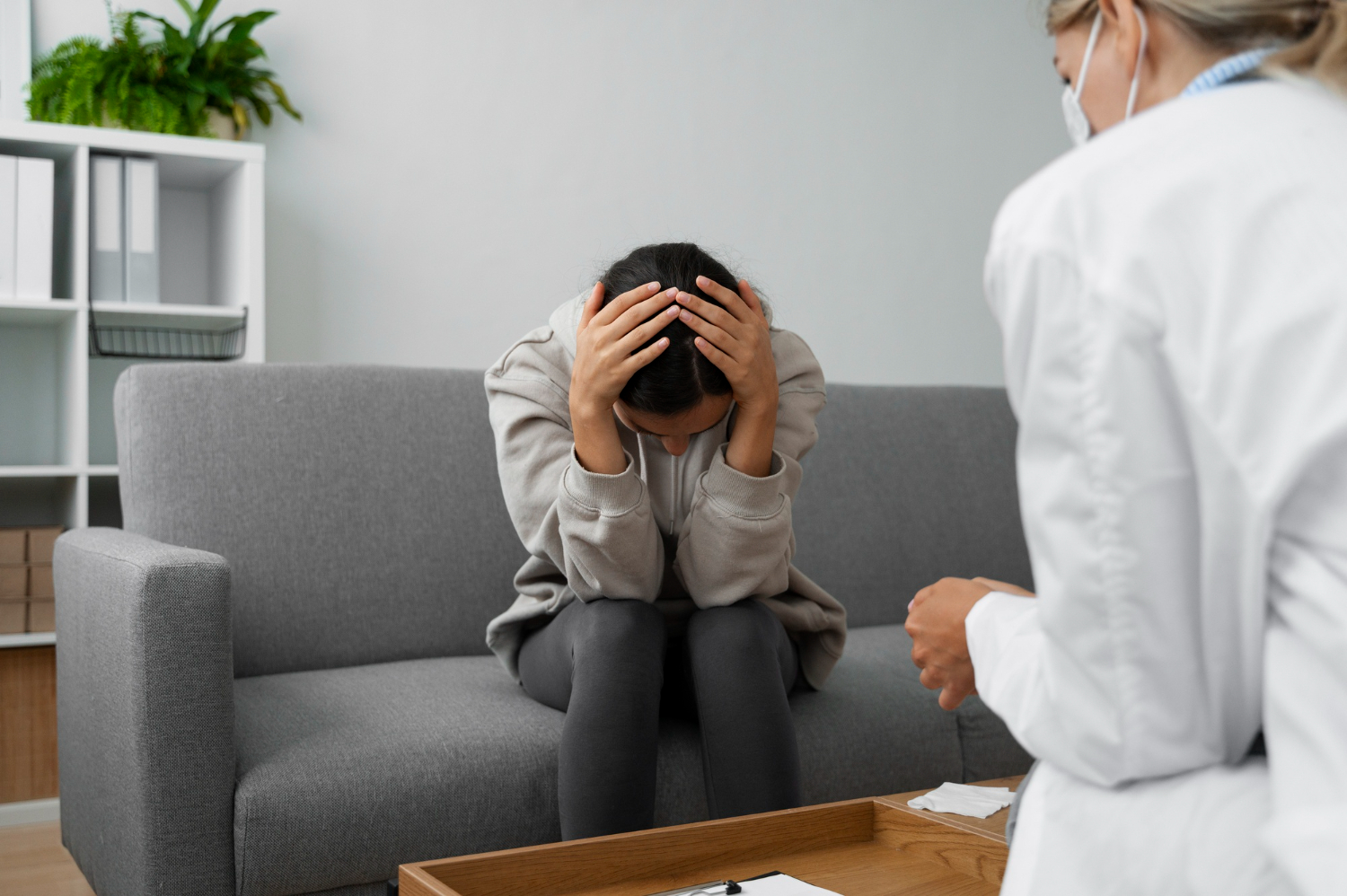Disasters, whether natural or man-made, leave an indelible mark not only on our physical surroundings but also on our mental and emotional well-being. While much focus is given to the immediate physical restoration of property, the psychological impact on individuals and families often goes unaddressed. Understanding and navigating the emotional aftermath of a disaster is crucial for holistic recovery. In this comprehensive guide, we delve into the strategies for coping with the psychological effects of disasters, underscoring the importance of mental health in the restoration process.
Recognizing the Emotional Impact
The aftermath of a disaster is a critical time when individuals may experience a wide range of emotions, from shock and disbelief to profound sadness or anxiety. The emotional toll can manifest in various ways, impacting sleep patterns, concentration, and overall mental health. Recognizing these signs is the first step towards healing. Our Emergency Response services not only focus on immediate physical needs but also consider the emotional well-being of those affected.
Strategies for Coping
Coping with the emotional aftermath requires a multifaceted approach. Here are some strategies to consider:
- Seek Support: Connecting with friends, family, or support groups can provide a sense of community and understanding. Sharing experiences and feelings with others who have gone through similar situations can be incredibly therapeutic.
- Establish Routine: Disasters disrupt daily life, creating chaos and uncertainty. Re-establishing a routine can provide a sense of normalcy and control. Our Disaster Response Plan includes resources and guidance to help individuals and families rebuild their lives with a structured approach.
- Limit Exposure to Media: Continuous exposure to news reports and images of the disaster can exacerbate stress and anxiety. Limiting media consumption can help manage these feelings.
- Focus on Physical Health: Physical activity, adequate rest, and proper nutrition can significantly impact mental health. Engaging in simple activities like walking or yoga can help reduce stress and improve mood.
- Seek Professional Help: It's essential to recognize when you or a loved one may need professional support. Mental health professionals can provide the tools and strategies to navigate the complex emotions following a disaster.
The Role of Professional Support
Professional support plays a pivotal role in addressing the psychological impact of disasters. Mental health professionals specialize in disaster psychology and can offer coping strategies tailored to the unique challenges posed by such events. Our Consulting Services include referrals to mental health experts who understand the nuances of post-disaster recovery.
Integrating Mental Health into Recovery Plans
Integrating mental health support into disaster recovery plans is crucial. This holistic approach ensures that individuals and families receive comprehensive care that addresses both their physical and emotional needs. Our Emergency Restoration services are designed with this in mind, offering a pathway to not only rebuild structures but also support the emotional resilience of those affected.
Conclusion
The journey to recovery after a disaster is both physical and emotional. Recognizing the psychological impact and employing strategies to cope with these emotions is crucial for holistic healing. At Disaster 911, we understand the importance of addressing both the visible and invisible scars left by disasters. Our comprehensive approach to disaster response and recovery encompasses the tools and support necessary to navigate the challenging path to recovery. By acknowledging the emotional toll and taking steps to address it, individuals and families can find a way forward, rebuilding not just their homes but their lives.
Remember, healing takes time, and it's okay to seek help. If you or someone you know is struggling with the emotional aftermath of a disaster, we encourage you to explore our resources and reach out for support. Together, we can navigate the silent aftermath and move towards a place of healing and resilience.

